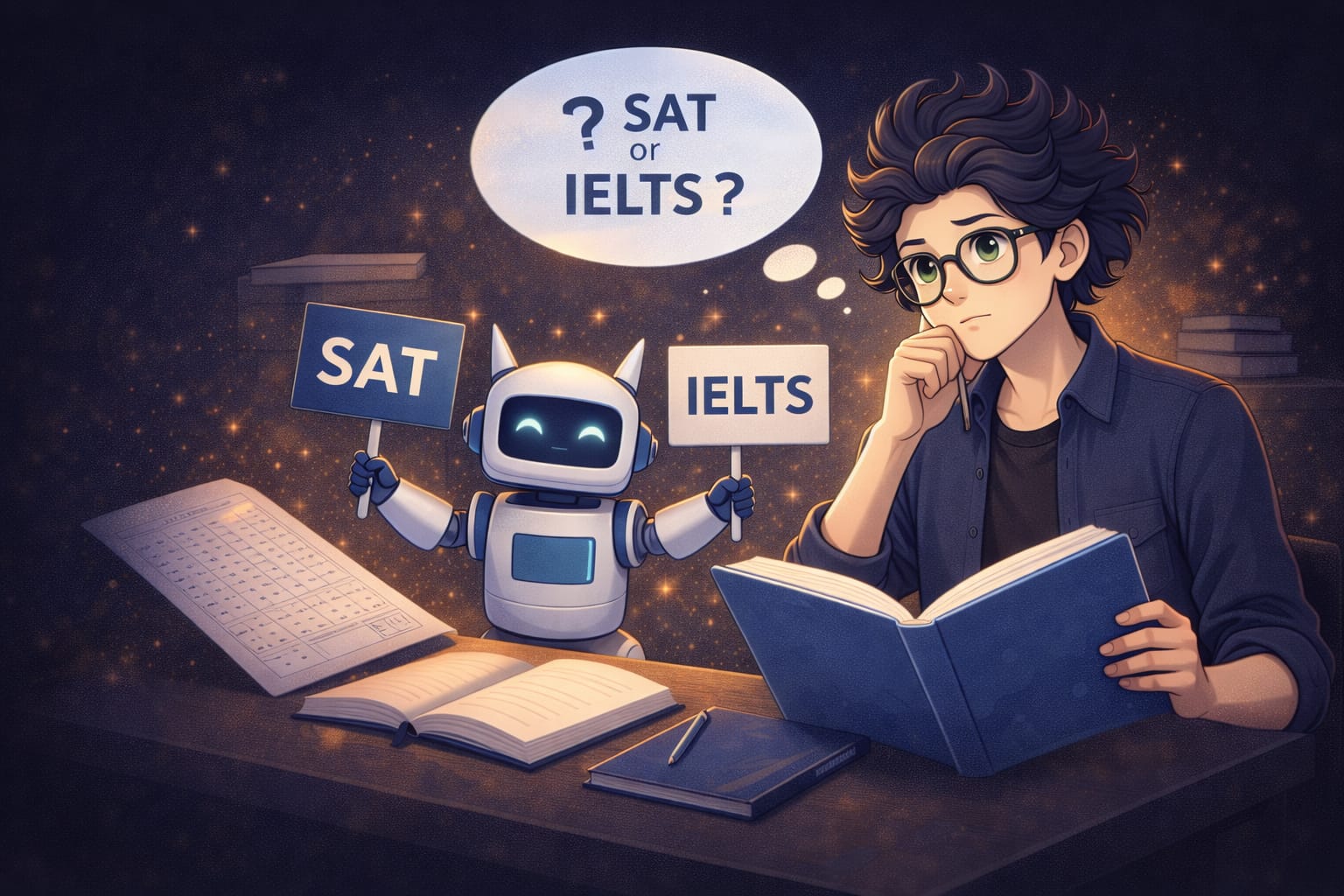
The Difference Between Memorization and Understanding: Which Is More Beneficial for Students?
Introduction
Many students face difficulty in choosing the most suitable study method, and the comparison between memorization and understanding remains one of the most debated topics. Is relying on memorization enough to achieve success? Or is understanding the true foundation for academic excellence? In this article, we will discuss the difference between the two methods, when each can be relied upon, along with practical advice to improve study habits.
First: What is the difference between memorization and understanding?
•Memorization: It is the process of storing information in memory without necessarily deeply understanding it. Many students rely on memorization, especially in theoretical subjects such as history or geography.
•Understanding: Means grasping the meaning behind the information and the ability to apply, analyze, and connect it to other contexts.
Second: Which is more beneficial for the student?
According to experts in educational psychology, understanding is more beneficial in the long term. A study published in the Journal of Educational Psychology showed that students who use comprehension and analysis strategies perform 23% better compared to those who rely only on memorization.
Source: Journal of Educational Psychology
Third: When is memorization useful?
•In subjects that rely on fixed facts (such as geography, laws).
•When preparing for exams that require specific and model answers.
•To memorize terms or long lists that are difficult to understand just by reading.
Fourth: When is understanding better?
•In scientific and logical subjects such as mathematics and physics.
•In essays and discussions that require analysis and inference.
•In situations that require transferring knowledge to new fields.
Tips to improve your study method:
- Start with understanding, then move to memorization when necessary.
- Use techniques like mind maps and charts to connect information.
- Continuously test yourself with application questions.
- Explain what you have learned to someone else — teaching enhances understanding.
- Use active learning strategies such as SQ3R or the Feynman Technique.
Conclusion
Academic success does not rely solely on memorization or understanding, but on balancing between them according to the nature of the subject and the learning objective. However, if you want to learn deeply and excel in the long run, make understanding your foundation, and memorization your support.
Similar Articles


